One of my favourite pastimes is making new fragile objects from nature and recycled material and adorning them with something precious.
As I am handling gold leaves or tiny wood twigs, I need to be patient, delicate, and remember to keep breathing through the act… to keep a steady hand whilst not suffocating.
That reminds me of the trust we strive to put in one another when we are thinking together, listening, co-creating, encouraging, and appreciating.
Each word, each pause, each assumption, and each question counts.
On one of my recent Linkedin posts on Trust, Andrew Jardine commented:
“Trust is like a ball of wool. It often takes years to roll up into something practical and usable, meaningful. Just one mindless (or devious) act is like dropping that ball on the floor. As it bounces and unravels, a bunch of kittens magically appear and pull it to pieces. The question you are then left with is, should I bother picking this up or put it in the bin? (And of course, where the hell did all the kittens come from, and can I keep them? Just one?)”
Trust is volatile… but it needs to be firm within…
Did you know that trust and confidence come from the same word?
Did you know that trust and confidence come from the same word?
(I have left you the etymology at the bottom of the article if, like me, you love to know about words!)
Short story: The words “confidence”, “faith”, “comfort”, “trust”, and yes, “tree”, via their Germanic radical, all come from dreu-, the PIE root meaning “be firm, solid, steadfast”.

Like confidence, trust will come up in you and around you in multiple layers or “credits”. You get a degree of trust from diverse sources, and it comes in small or huge packages.
We first have to accept that the sum of our confidence and trust “credits” is very volatile. It grows and decreases even within one day. But when these credits are in your personal bank… your life expands!
In 20+ years of working with women in social enterprises, I have seen many of my partners and clients define themselves as someone lacking confidence. But through dialogue, we could rapidly establish that this was an assumption that was probably true in *some domains* but certainly not all, and could not define who they were as human beings.
I trust my ability to find joy, I don’t always trust my response to statements from people at the opposite end of my political spectrum.
I notice I can trust a lot when I love.
When my learning expands, suddenly I don’t trust I can deliver fully, when knowing less, previously, I trusted I could!
I don’t put much trust in people who have different standards, but maybe I could gain trust by knowing more about what they feel are good standards and why.
Equally, growing up, I didn’t feel confident I could reach my goals. In fact, I had stale goals.
When I was 12, my French/Latin teacher said to me once: “Servane, you have no ambition”!
For her sake, her abrupt comment came in response to my announcement that I’d rather drop my dream to be a journalist and become a fashion stylist instead. (This didn’t last long but that’s another story). Her remark – given to me without context – stuck with me and indeed destroyed a few of my trust credits for a number of years.
What I learned from that, is that it’s worth coming back to a story we tell ourselves, looking at the context, understanding the person who is talking, how they say something and to what purpose; and distinguishing facts from perception. Drilling through the perception, sitting in the discomfort and looking at what was serving us then and what doesn’t serve us now.
Here’s one of the many ways you can do that…
You have to operate at three different levels simultaneously:
Manage this Trust within.
Expanding your inner “tree” by establishing a contract with yourself. (You will find below the link between trust and tree) Think about standing firmly on the ground, like a tree, gaining strength through your roots, trunk and branches, protecting yourself, messaging and embracing external resources that help you grow (through the branches, leaves, sap, seeds and scents).
In practice, it could mean thinking about the causes and the consequences of a situation, understanding what is true, not true or just a feeling.
Manage the trust you put in others
and create the conditions to accomplish this.
To do so, you need to surface then dismantle untrue assumptions that are stopping you from feeling the connection you most want to establish.
If you knew you can liberate yourself from ideas that don’t contribute to capacity to “connect and trust” , what would change for you?
Ultimately, the trust you put in others starts with a contract between you and yourself alone…
Depending on the level of past bruises, comfort or discovery, it is your decision to pick up the balls of wool the kittens played with… or not, as Andrew Jardine put it above.
In practical terms, you can support yourself by dealing with your content. And support others by offering them the container and the process through which they can reflect about their content, without sucking you into it!
Finally, as a leader, build a space where you help others convey trust for others, with each other.
A space that enble people to tell each other and their purpose: “You matter”.
It means generating a working environment where a team can sign up to open communication, clear expectations, co-creation, challenges and progress sharing, mutual accountability, equality, encouragement, and appreciation, at all levels, and during each interaction.
Some questions to ponder
-
As our political, social, civic and economic understanding of the world always evolves, how do you expect your levels of trust will change in the coming days, months, or the next 10 years…?
-
How will you stand as firm and nimble as a tree? How will that serve you?
-
How will you prepare yourself for the litter of kittens that will come to play and create havoc…?
NOTE for the etymology lovers among you
Trust – c. 1200, “reliance on the veracity, integrity, or other virtues of someone or something; religious faith,” from Old Norse traust “help, confidence, protection, support,” from Proto-Germanic abstract noun *traustam (source also of Old Frisian trast, Dutch troost “comfort, consolation,” Old High German trost “trust, fidelity,” German Trost “comfort, consolation,” Gothic trausti “agreement, alliance”), from Proto-Germanic *treuwaz, source of Old English treowian “to believe, trust,” and treowe “faithful, trusty,” from PIE root *deru- “be firm, solid, steadfast.”
From c. 1300 as “reliability, trustworthiness; trustiness, fidelity, faithfulness;” from late 14c. as “confident expectation” and “that on which one relies.”
Also *dreu-, Proto-Indo-European root meaning “be firm, solid, steadfast,” with specialized senses “wood,” “tree” and derivatives referring to objects made of wood.
NEXT STEPS: Subscribe to my newsletter if you would like to hear about how to develop your learning journey around Trust and Independent Thinking.
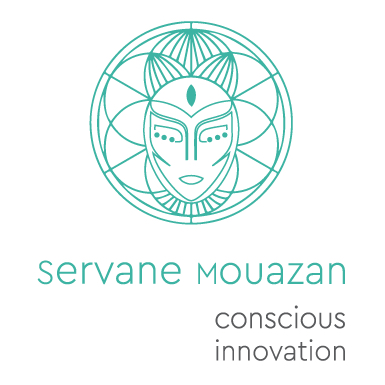
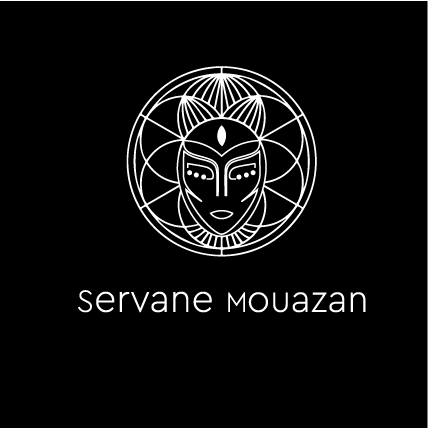
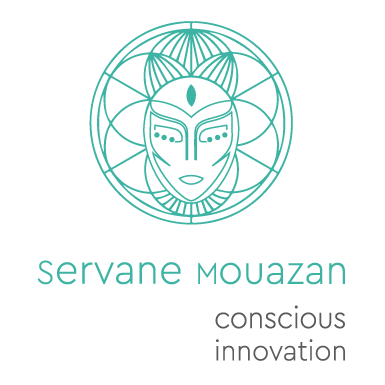
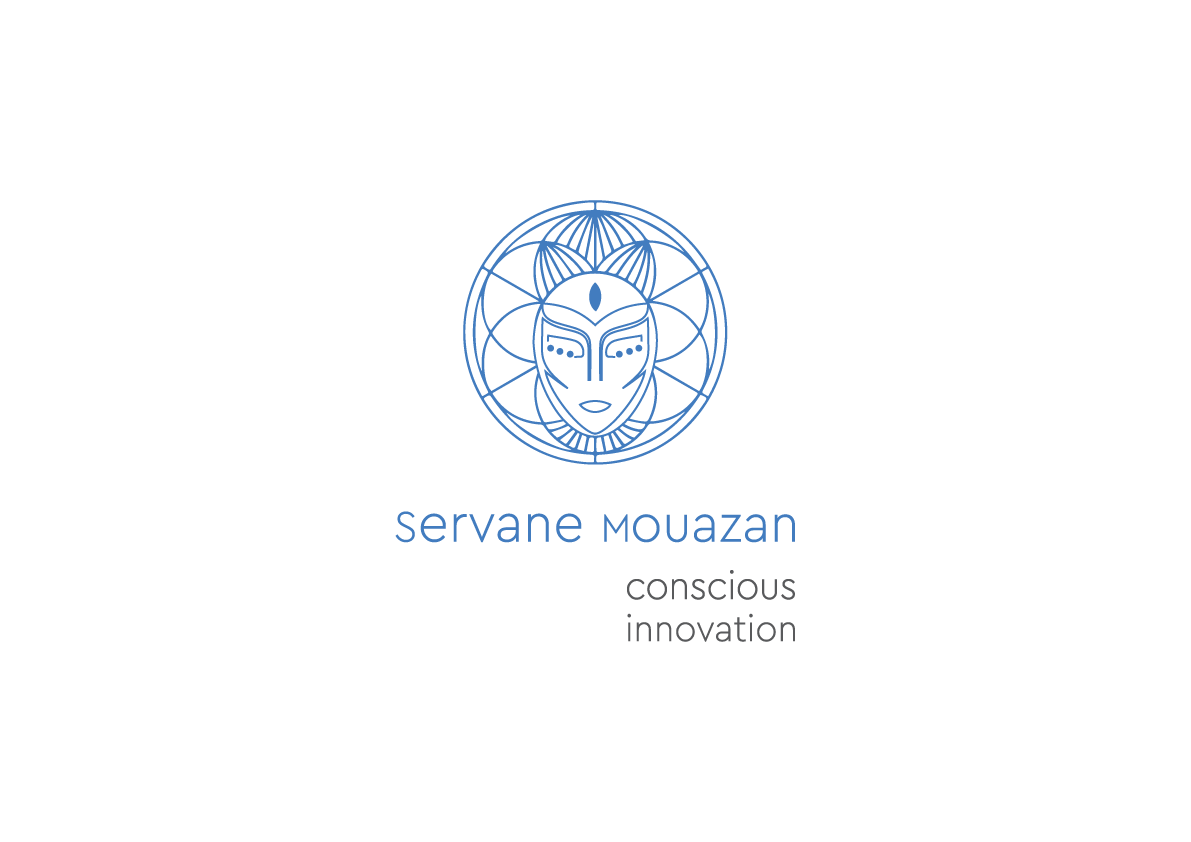
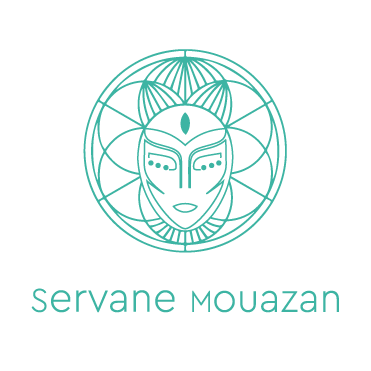
You must be logged in to post a comment.